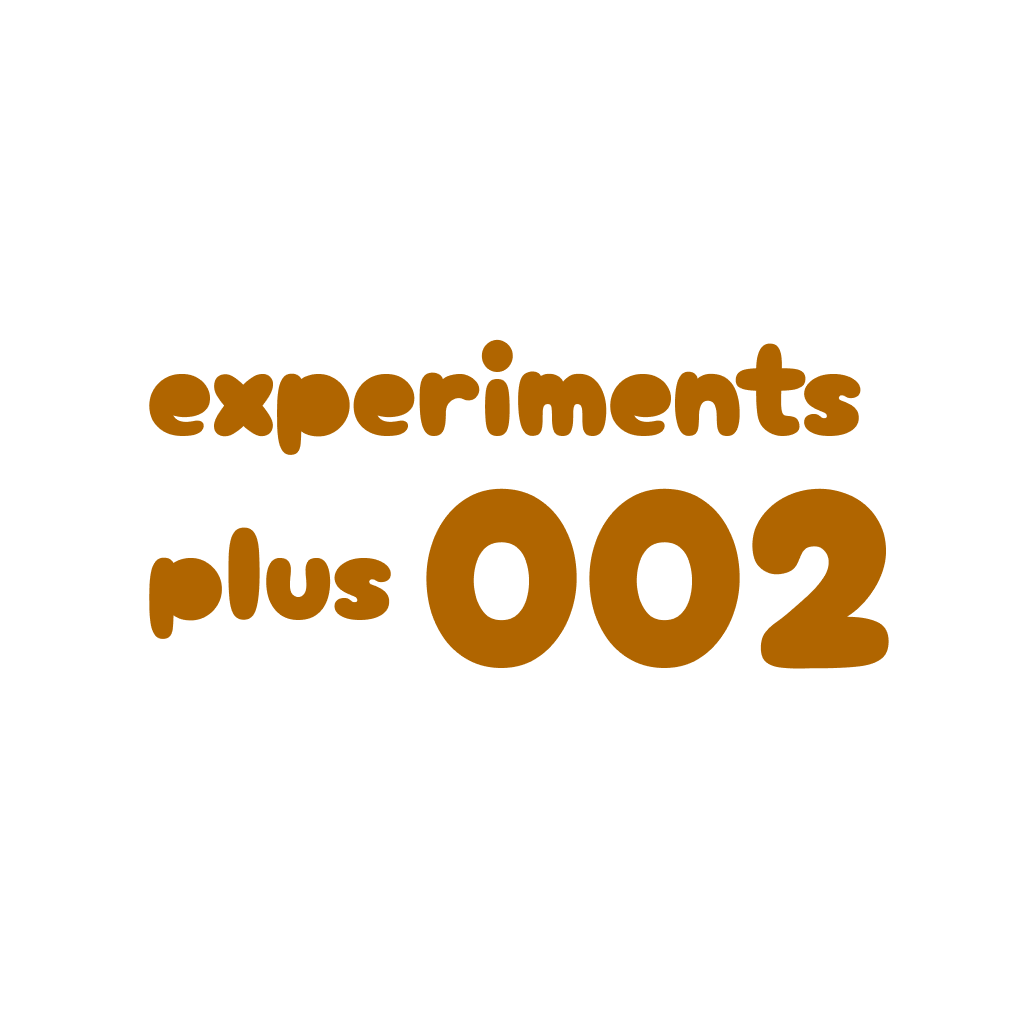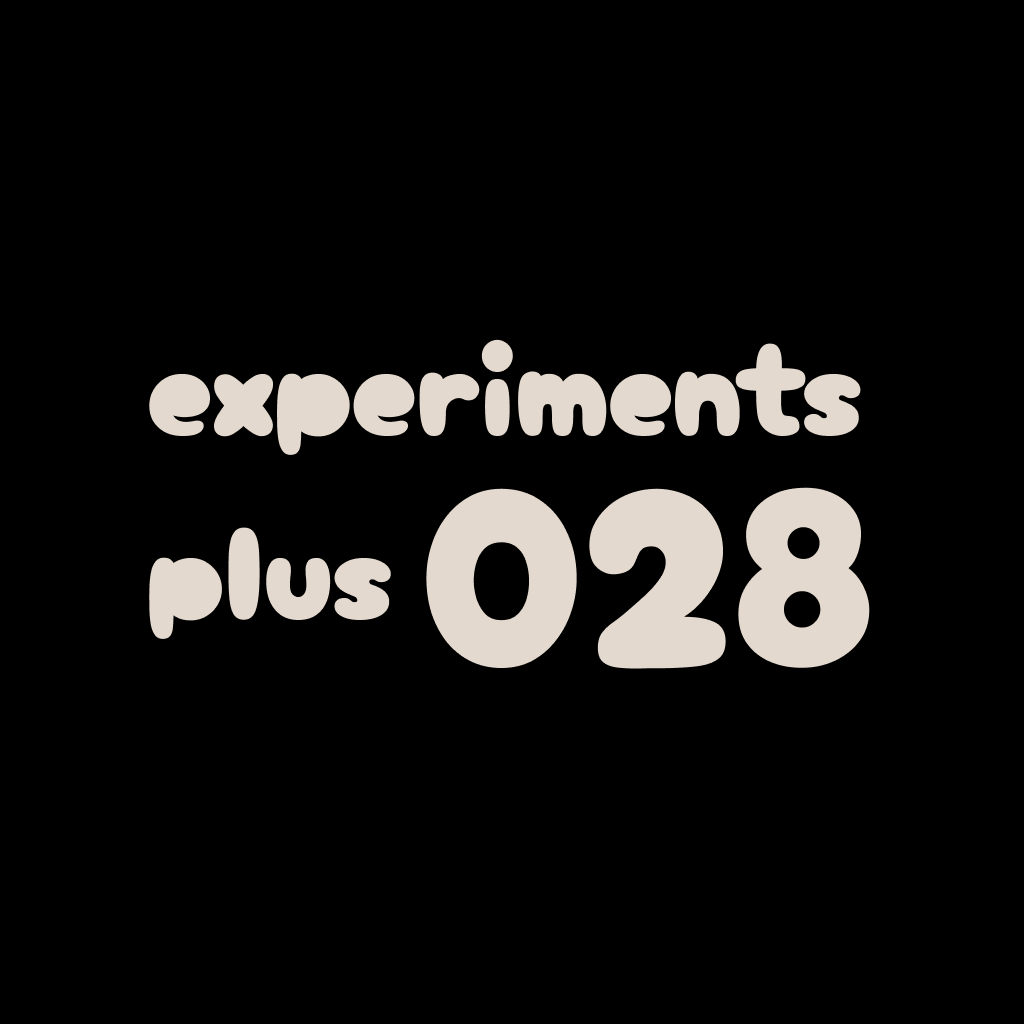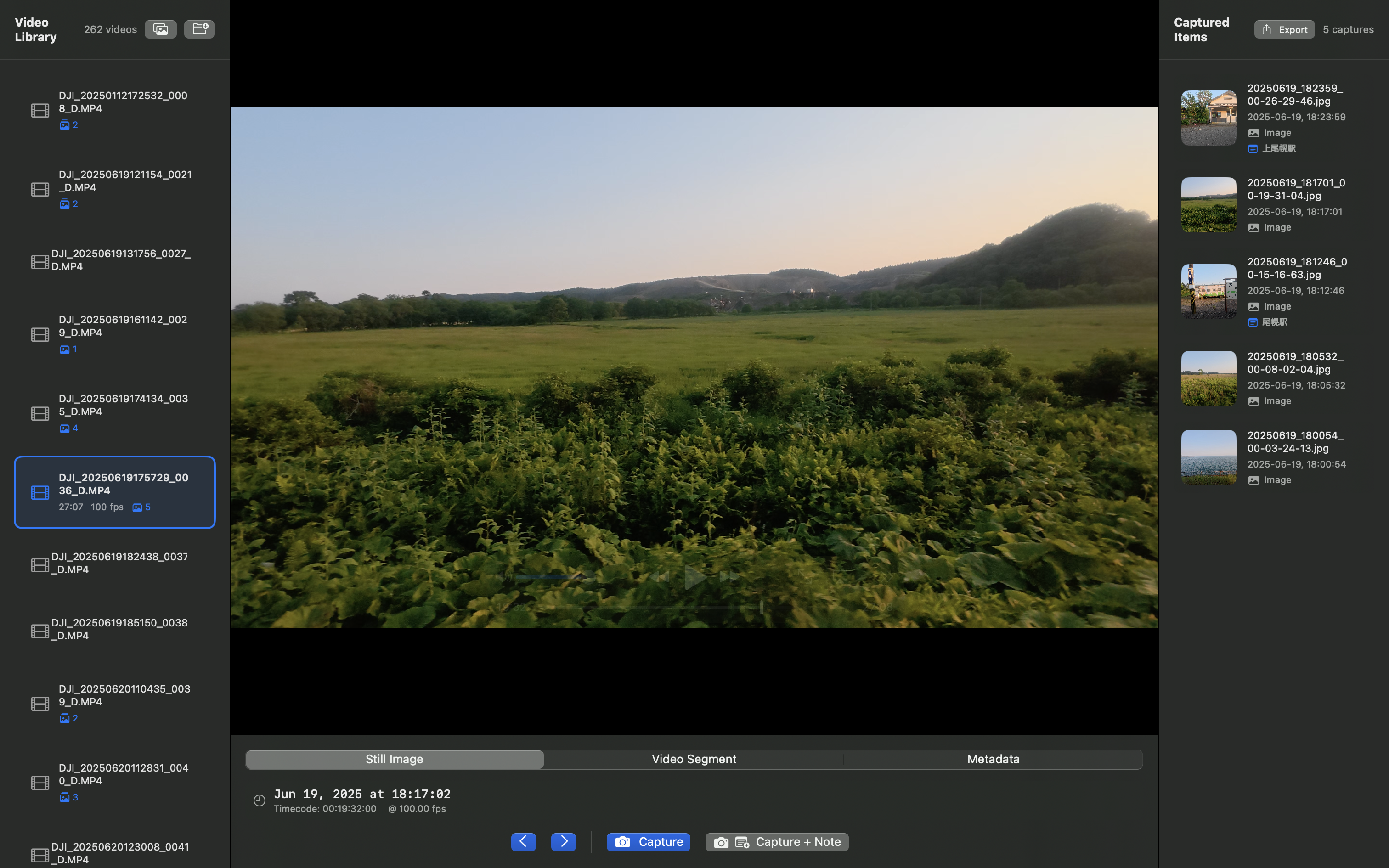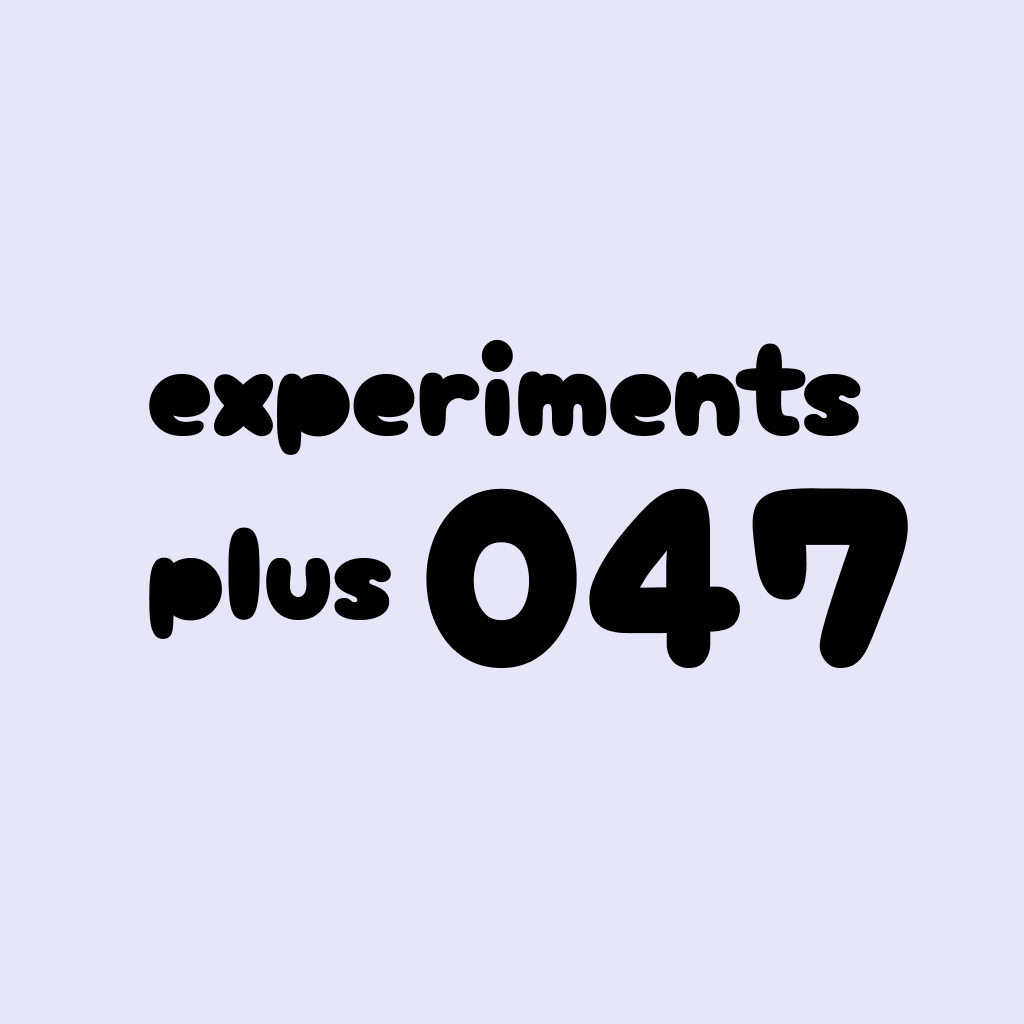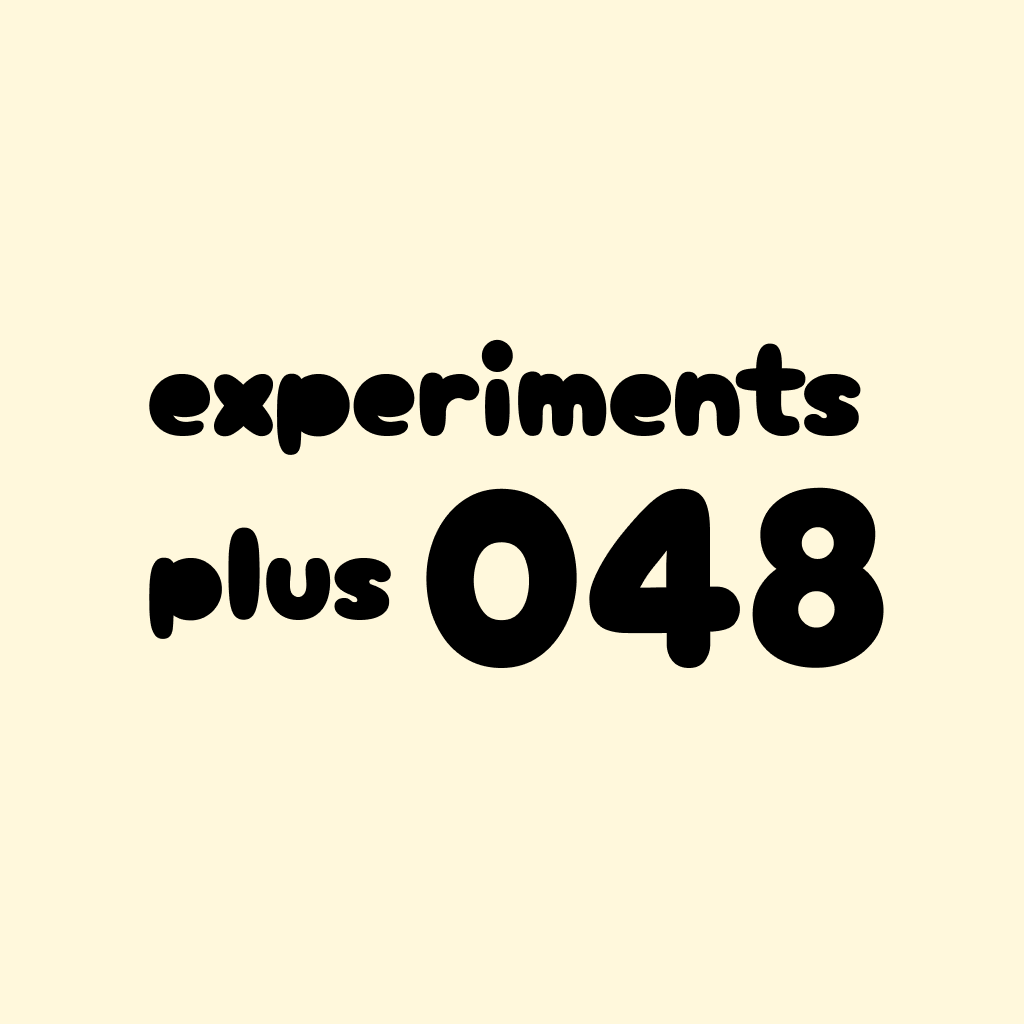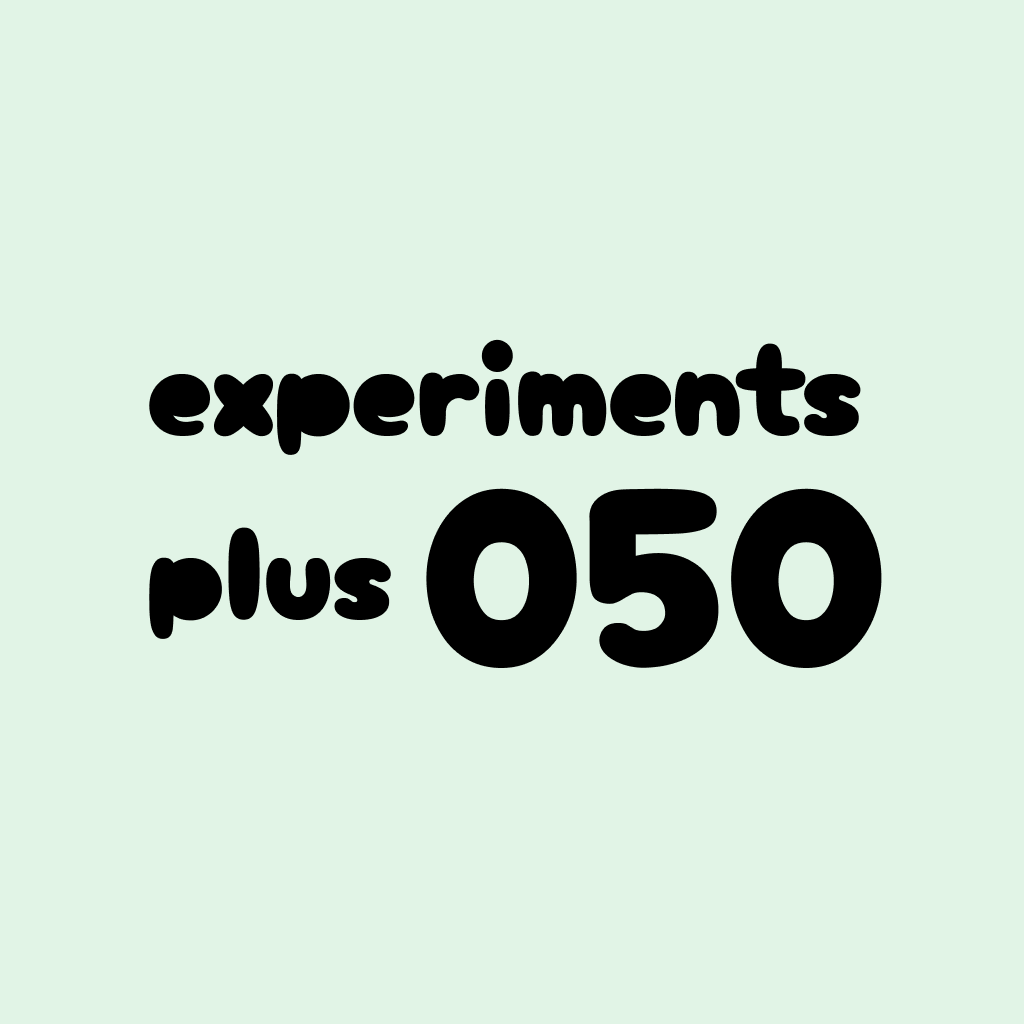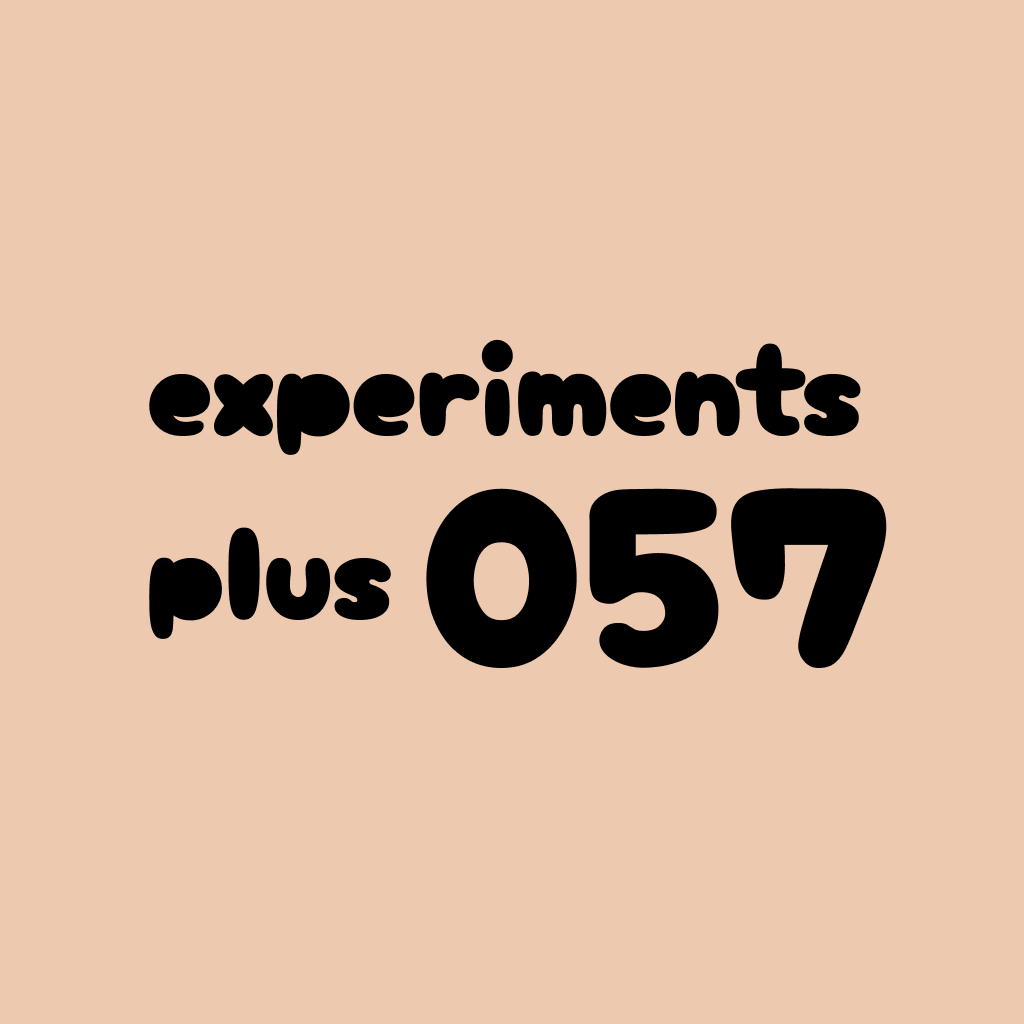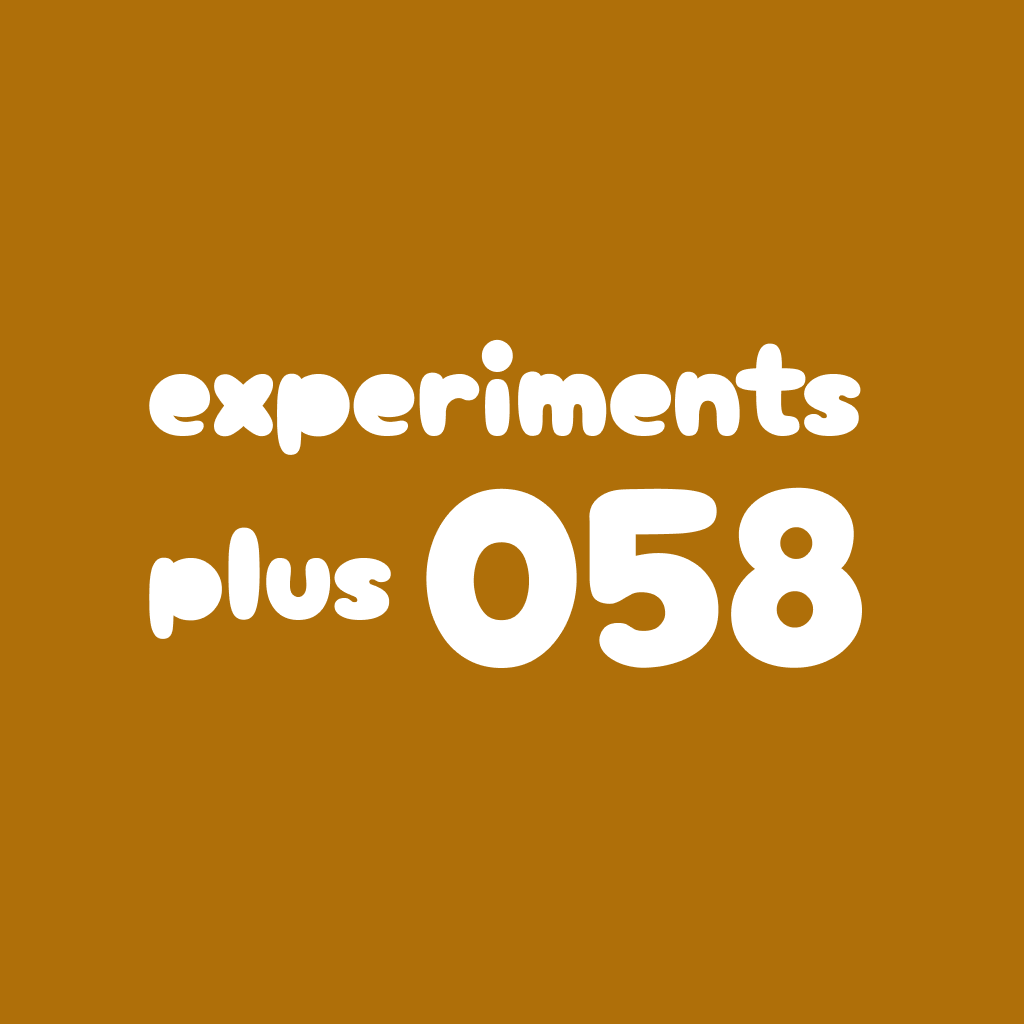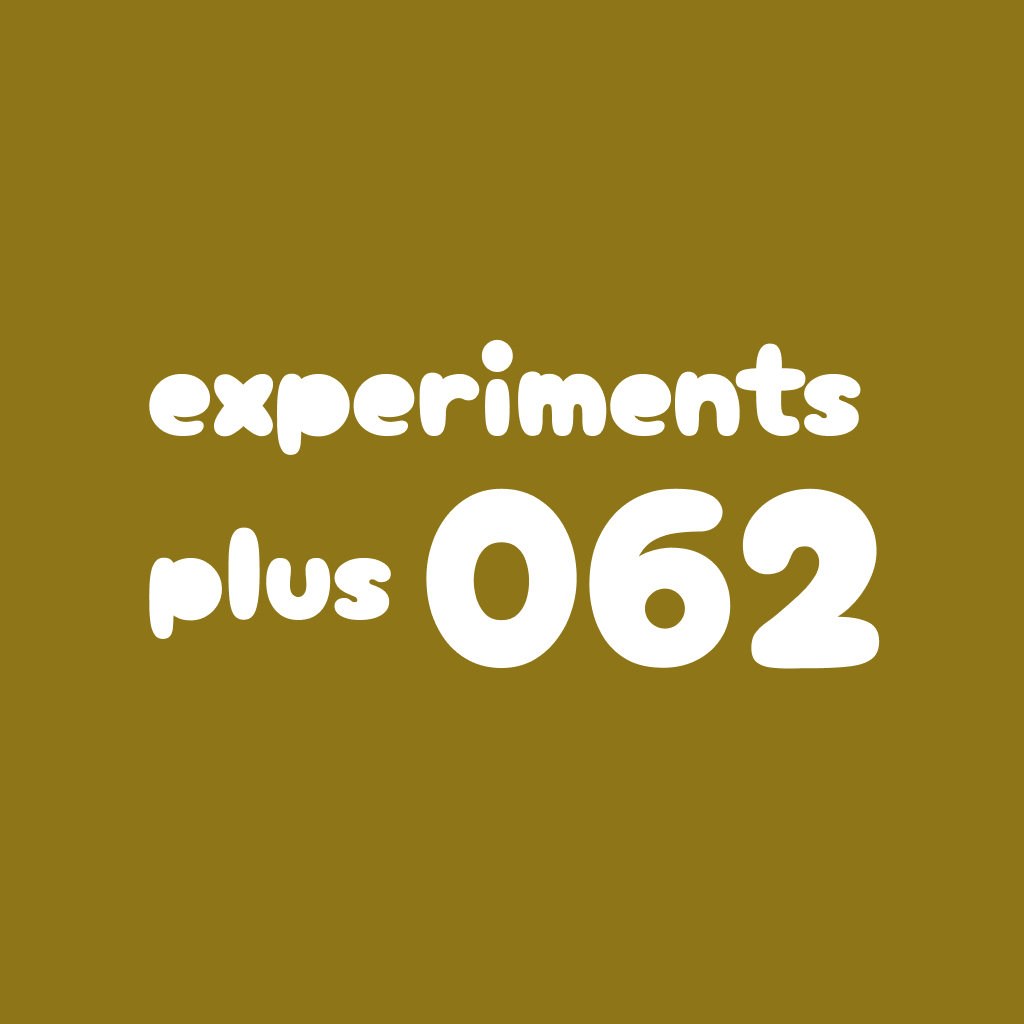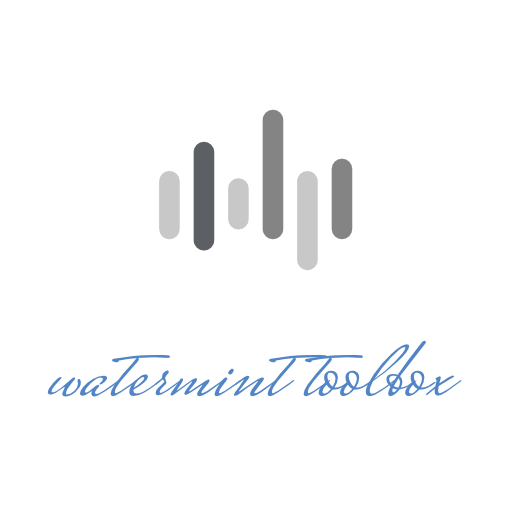Ginger Brown targets a common connectivity issue on captive Wi-Fi portals. Because HTTPS requests sometimes skip the redirect to the login page, this utility deliberately serves static assets over plain HTTP to coax the network into presenting its sign-in screen. The page stays intentionally minimal so the browser triggers the redirect as soon as possible.
Capture frames of from a movie files. Extracts EXIF/QuickTime metadata, captures frames with accurate timestamps, and exports video segments while preserving camera information.
Mansaku is a powerful document processing system that collects, processes, and manages web resources and documents. It supports various document types including HTML, PDF, XLSX, and CSV files, with features for tracking changes, generating summaries, and managing document versions.
Generate AnkiPro decks for language learning using LLM. (Note: AnkiPro is now rebranded to Noji)
Sharinbai is a tool for generating industry-specific folder structures and placeholder files using AI. It utilizes LLM models to create a hierarchical directory structure tailored to specific industries and roles. The tool supports both local models via Ollama and cloud-based models via the OpenAI API.
This experiment aims to create a world setting for a fantasy novel and verify that the setting contains no logical contradictions. It identifies potential logical inconsistencies that may arise when introducing various fantasy elements—such as magic, long-lived races, and unique ecosystems—to build a consistent worldview.
Kamatsuka is a Rust-based tool for working with Dropbox's Stone DSL (API definition language). It provides conversion between Stone DSL and OpenAPI specifications, verification capabilities, and modeling of Dropbox API in Alloy to analyze API use case feasibility.
An automated workflow for adding translated subtitles to movie files using whisper-cpp, ollama, and ffmpeg.
The watermint toolbox is the multi-purpose utility command-line tool for web services including Dropbox, Figma, GitHub, etc. The purpose of the tool is to provide users of cloud services and system administrators with a way to automate workflows and provide a work-around for some issues.
